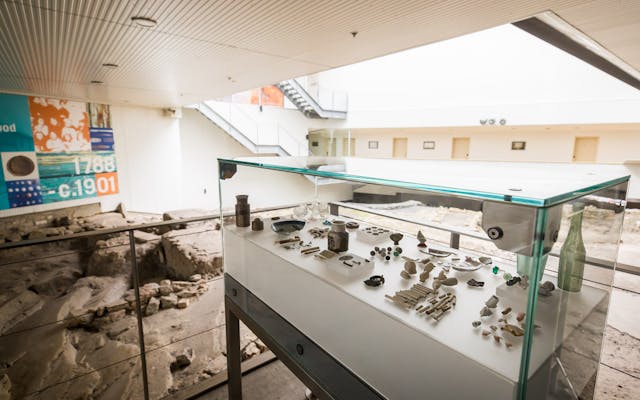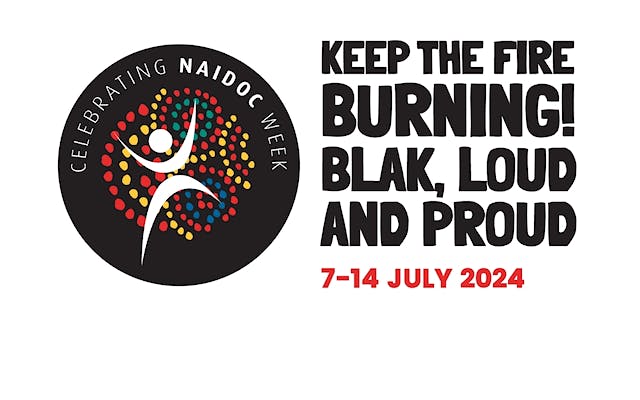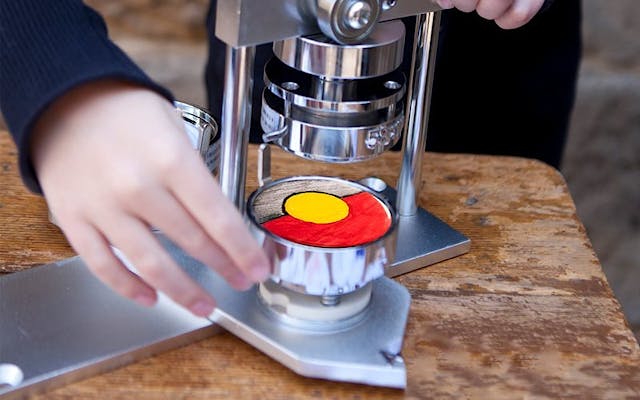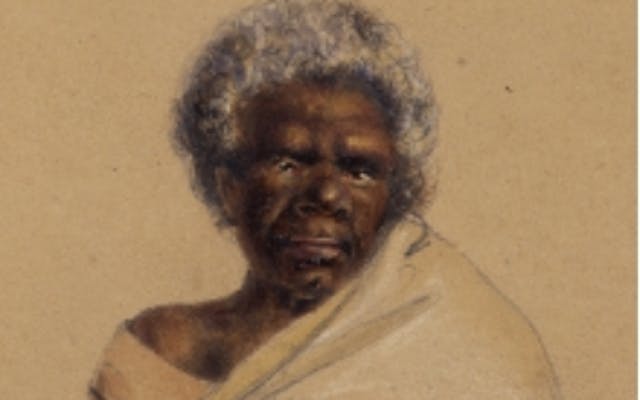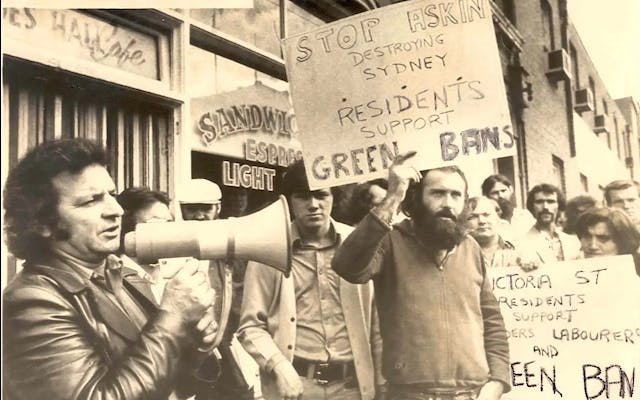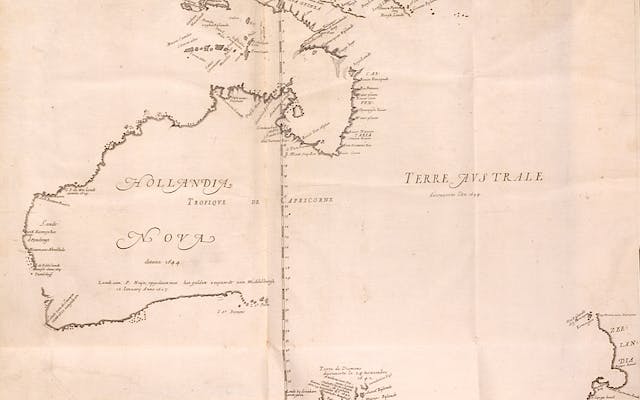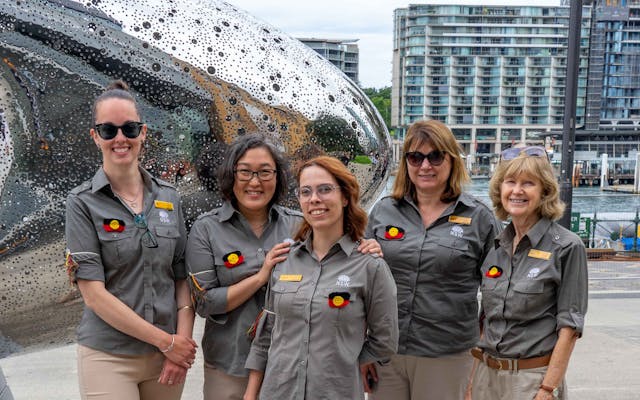Colonisation: “control by one power over a dependent area or people” and usually involving the resettlement of people to or from that area.
During ancient times, ancient empires like Greece, Rome, Egypt, and Phoenicia practiced colonialism. These civilisations expanded their territories into neighbouring and non-neighbouring regions from at least 4000 years ago. They established colonies that utilised the resources and population of the conquered people to enhance their own power.
From the 7th -15th centuries Islamic kingdoms spread from the Middle East to Spain in the west and China in the east, and south to India, Africa and Southeast Asia, to the islands just north of Australia. Most prominent were the kingdoms of Genghis Khan and his descendants.
Modern colonialism, also known as the Age of Discovery, began in the 15th century when the Portuguese sought new trade routes and resources beyond Europe. In 1415, Portuguese explorers conquered Ceuta, a coastal town in North Africa, marking the beginning of an empire that lasted until 1999.
Spain, Portugal’s rival nation, also embarked on exploration. In 1492, Christopher Columbus set out to find a western route to India and China but instead landed in the Bahamas, leading to the establishment of the Spanish Empire. Spain and Portugal engaged in a competition for new territories and took control of indigenous lands in the Americas, India, Africa, and Asia.
In the 17th century, England and the Netherlands, engaged in empire building overseas, often competing with Spain and Portugal for control over already conquered lands. Despite the growth of European colonies in the Americas (known to them as the “New World”) many colonies managed to gain some independence during this time, starting with the American colonists in 1783. In the following 150 years, other colonists and indigenous peoples throughout the world managed to free themselves from the control of their colonial masters.
The history of Australia from 1788 to 1850 covers the early British colonisation period. The decision to establish a colony in Australia was made the direction of Thomas Townshend, 1st Viscount Sydney. The British needed a base in the Pacific to counter French and Spanish expansion, and largely used an unwilling prison population to form a base in what we now call Sydney.
This presentation aims to provide a broader picture of what was happening globally, as colonies were established, passed between various European powers, and ultimately achieved some form of independence and self-government to create the modern world as we know it.


